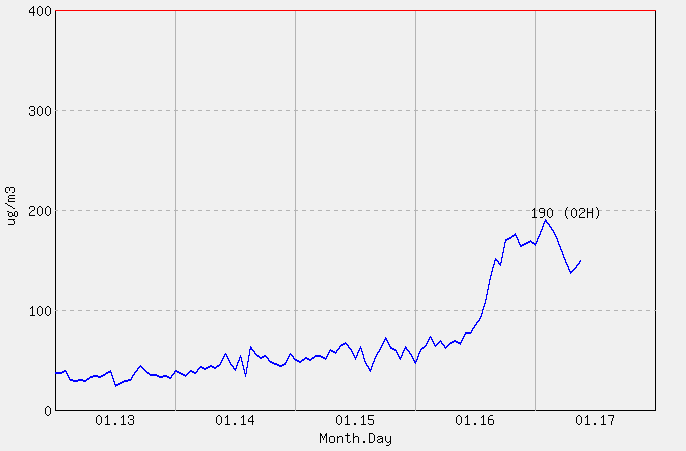As a reporter who does a lot of stuff in media issues, one of the major government ministries I need to deal with is the Ministry of Information and Communications (MIC). I also write about Korean science, which has me dealing with the Ministry of Science and Technology (MOST).
So what does President-elect Lee Myung-bak do? He axes both the MIC and MOST. Yikes. Should I take that personally?
I am cautiously optimistic about these changes. A professor of mine used to say, you can change the length of the alimentary canal all you want, the end product is still the same. But the truth is, organization does matter. It may not be as sexy or easy to understand as a great pop song or a cool movie, but boring stuff like infrastructure and organization is a vital part of any industry. Do not kid yourself, the “entertainment business” is as much business as it is entertainment.
What do these changes mean? First of all, getting the MIC out of the way potentially a huge boon for much of the Information Technology industry. IPTV (Internet Protocol Television) has been held up for years because of the MIC’s squabbling with the Korean Broadcasting Commission. Also, how about Blackberries? Lots of cool toys like that have been kept out of Korea because of roadblocks put up by the MIC. There are plenty of tech issues keeping the iPhone out of Korea, but today we are one step closer to getting them.
We can only hope that the end of the MIC will also mean an end to (or at least a reduction in) Internet censorship. Way too much of the Internet in Korea gets shut off at the whim of random bureaucrats.
Despite the downsizing, Lee Myung-bak had a lot of science and IT stuff in his election platform. And he brought in people like Park Chan-mo (former head of POSTECH and all-round cool guy) to be one of his main advisors. Expect science and IT to remain central to Korean policymaking. After all, science, education and tech have been combined to create the Ministry of Knowledge-Based Economy (MOKBE?), which is quite a mouthful, but a clear sign of where Lee’s priorities lie.
And who knows? What will happen once Lee Myung-bak comes up against the full force of bureaucratic intransigence? Once everything settles down, I imagine much less will change than people think right now.
But some deregulating in the media industry could be a great shot in the arm, helping Korea’s media companies get a little more profitable, which in turn gives us consumers a better chance at getting better movies, TV, music and whatnot (“content” in boring industry-speak).
And at least Lee kept the Ministry of Culture. It is not like the accountant barbarians are taking over everything.
(Note: I might update this post over the weekend as additional stuff occurs to me).




